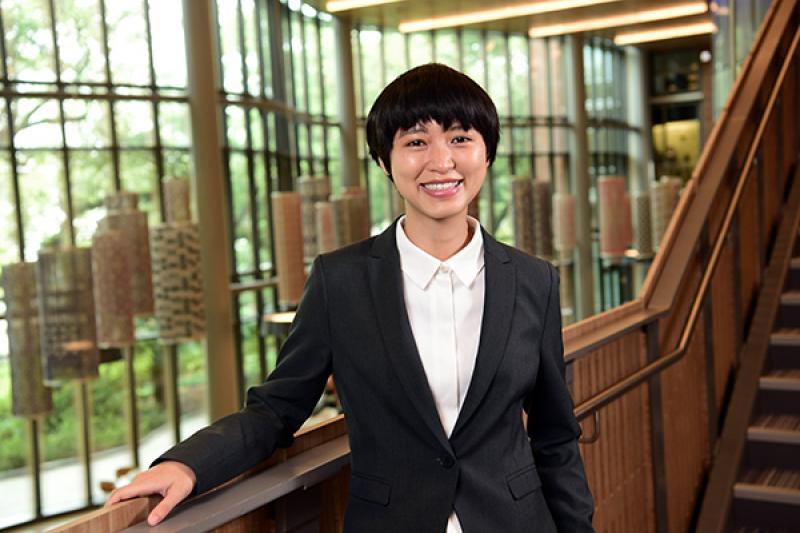CBC Radio: The internet is full of misinformation. That’s by design, experts say

Eugina Leung, assistant professor of marketing, was interviewed for a CBC Radio story about the public’s vulnerability to online bias, misinformation and manipulation.
In another study from March, Tulane University assistant professor Eugina Leung investigated how results on search engines like Google, Bing and ChatGPT differ depending on the search terms used.
"What we find is that people tend to use search terms that lean toward what they already believe is true," said Leung. "Imagine, we asked participants to search for health effects of caffeine. If they believe that caffeine is quite likely to be harmful, then they're more likely to come up with search terms like dangers of caffeine, caffeine side effects, caffeine health risks."
These narrow search terms, Leung said, mean that the users are just receiving results that are tied to their beliefs.
To read the story about the interview, visit cbc.ca:
https://www.cbc.ca/radio/quirks/misleading-information-internet-1.7536124
Interested in advancing your education and/or career? Learn more about Freeman’s wide range of graduate and undergraduate programs. Find the right program for you.
Other Related Articles
- Deseret News: Californians are asking, is it time to raise taxes on the rich?
- NBC News: Elon Musk has left the White House, but he hasn't left politics behind on X
- Freeman Futurist Series looks at AI, Robotics and Quantum
- Quartz: Companies that replace workers with AI ‘risk mediocrity,’ expert warns
- BBC News: ChatGPT will soon allow erotica for verified adults, says OpenAI boss
- Embracing Business Futurism: A Conversation with Cliff Farrah
- Three honored with Freeman teaching awards
- Research Notes: Daniel Mochon
